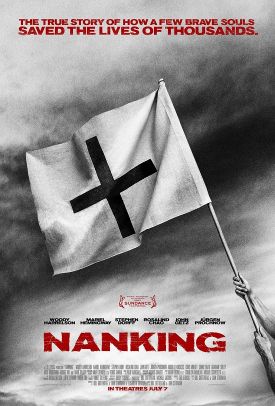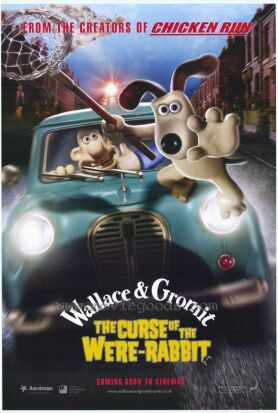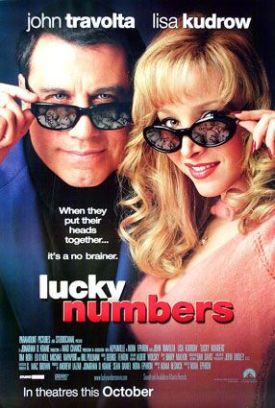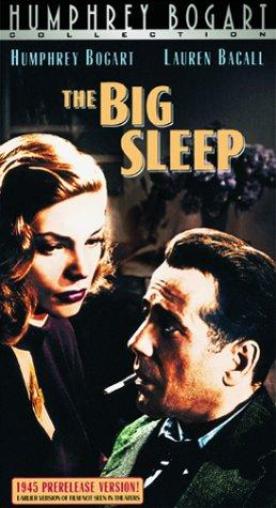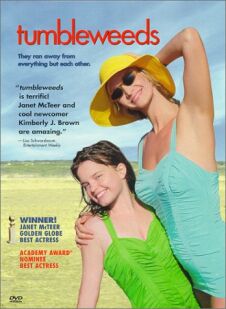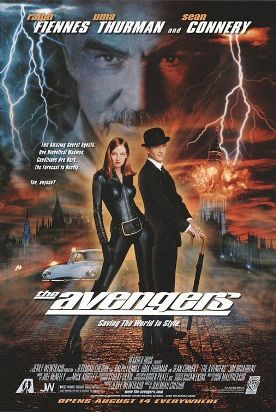Oscar and Lucinda
As one of America’s greatest fans of Antipodean film-making, I am sorry not
to be able to heap praise upon Oscar and Lucinda by Gillian Armstrong,
but I’m afraid it is just too chaotic a film, morally and intellectually, to
present us with a pleasing cinematic completeness. I suspect that this is a
deficiency owing as much to the novel by Peter Carey on which the film was based
as to Miss Armstrong’s adaptation of it, but then she picked it, presumably. As
you might expect from this director and stars like Ralph Fiennes (as Oscar) and
Cate Blanchette (as Lucinda), the film does have some wonderfully watchable
moments. Best of all are the scenes of wild Australia, which have never been
more beautifully photographed, as they must really have looked in the 19th
century.
In case you haven’t read the novel, you may want to know that the story is of
two compulsive gamblers, a gentle, other-worldly clergyman from England and an
Australian proto-feminist who runs a glass factory, who meet on a voyage Down
Under and have a weird kind of romance that is interrupted and finally destroyed
by all those Victorian social prejudices which we have for most of our own
century been invited to hate. Among the usual suspects brought forth in his film
are sexual prudery, religious fanaticism and unapologetic (and murderous)
racism, and our heroes bravely navigate the valley of the shadow where these
monsters live for the sake of — well, we’re not quite sure what it is for
the sake of. Oscar and Lucinda have a bet (typically) that the former, in spite
of his fear of the sea, can deliver a portable glass church built by the latter
for her previous clerical sweetheart, the Rev Dennis Hasset (Ciaran Hinds), in
the outback before a certain date.
Is the church, which arrives in less than pristine shape, a symbol of
Victorian Christianity? Can it also be said to symbolize the love between O and
L? And what are we to make of the scene in which a local floozy, foiled of her
designs on the Rev Hasset, seduces a prostrate Oscar and bears him a posthumous
child? Geoffrey Rush’s narration, ostensibly the words of a late 20th century
great grandson of Oscar, suggests that the only way to make sense of this
miscellany of claptrap is as a sort of family history: “In order that I exist. .
.” says the otherwise anonymous narrator, all these things had to happen. Can
narcissism go any further? “A dream, a lie, a wager, love: the story Lucinda
gave my grandfather and I give to you” he sums up. Yes but what, we ask, besides
explaining the existence of your wonderful self, are you giving it to us
for? There is no answer that I could see.
Discover more from James Bowman
Subscribe to get the latest posts to your email.


